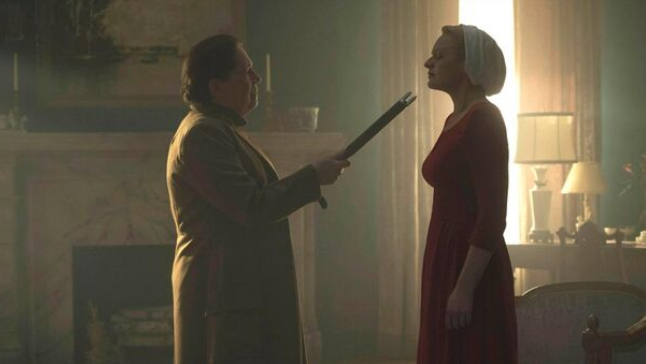The Handmaid’s Tale Should’ve Ended After Season 1
Everything after Margaret Atwood just doesn’t hit the same.
When you are working on an adaptation of a novel, there is always a 50/50 chance that it will be a hit or a miss. Depending on how well the original text is translated into the screenplay and how many details need to be changed to make it work, there are many dangers that can ruin the final result.
However, shows like The Handmaid’s Tale take on even more responsibility by not only adapting the story already written by the author, but also building on it to bring it to a more satisfying conclusion. If you remember the infamous example of Game of Thrones, that game is almost never worth the risk.
The Handmaid’s Tale wasn’t worth the risk, either, as many fans tend to believe. The quality of writing and storytelling dropped so much after the second season that it would have been much better to end the show in the first season.
What Is The Best The Handmaid’ Tale Season?

The first season of the show did exactly what any good adaptation should do: it took the original material and translated it into visuals that did not lose the story, but only enriched it.
Those who hadn’t heard of Margaret Atwood’s dystopian novel were now hooked on the story and forced to think about the ideas it was based on. Meanwhile, those who were already familiar with Gilead’s terrifying version of reality were happy to see that a major streaming platform was not shying away from the most disturbing content.
The idea of continuing the story by focusing on one character was not the best in the long run. The second season was still interesting, although the change between the adaptation and the TV-only writing was already noticeable. But June’s character getting into all kinds of trouble was starting to wear thin.
At a time when she should have been lynched for her crimes against Gilead, she was spared for one reason or another. This only created more inconsistencies, not only for her, who was slowly gaining more and more character armor to protect her from all the trouble, but also for the world of the show, as Gilead’s way of punishing made no sense at all.

One way out of this problem would have been to make The Handmaid’s Tale an anthology series, with each season following a different woman within Gilead. This would have allowed viewers to experience the full range of emotions depending on the social status of these women, and allowed the writers to play around with more concepts.
Or, alternatively, they could have ended it all after season 1, happy and proud of what a great adaptation they’d been able to produce.




